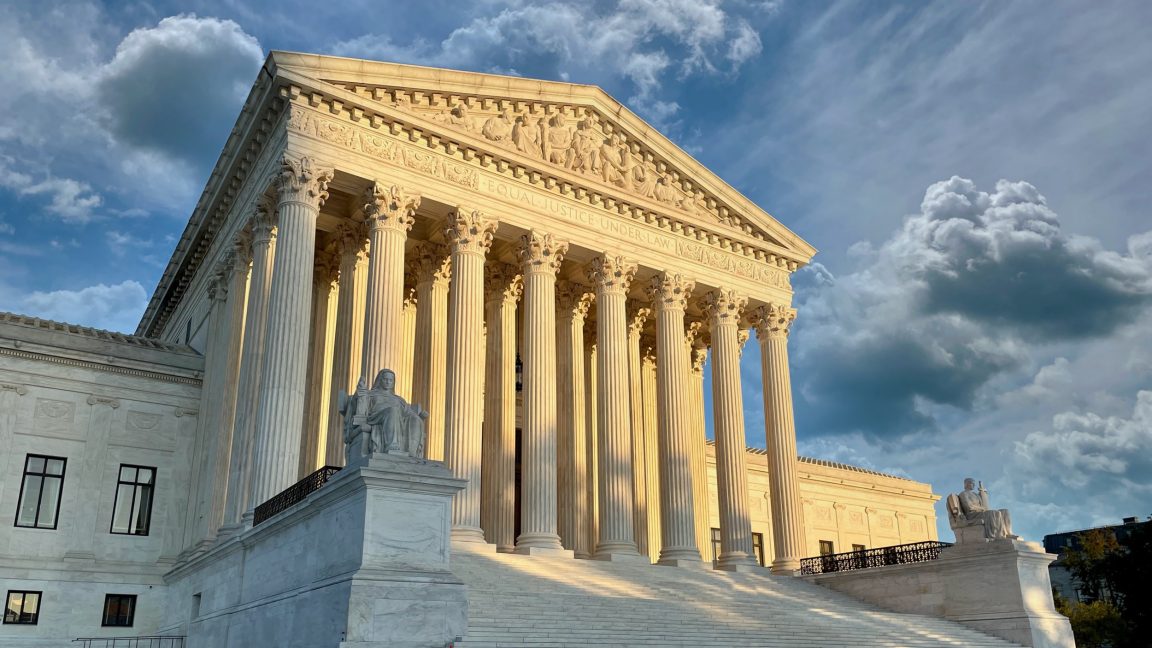Court ruled broadband isn’t telecommunications
Although the Obama-era FCC won on this point in the District of Columbia Circuit in 2016, a Supreme Court ruling in 2024 gave courts more power to block rules when judges disagree with an agency’s interpretation of federal statutes. Judges at the 6th Circuit subsequently decided that broadband must be classified as an “information service” under US law.
“The 6th Circuit’s decision earlier this year was spectacularly wrong, and the protections it struck down are extremely important. But rather than attempting to overcome an agency that changed hands—and a Supreme Court majority that cares very little about the rule of law—we’ll keep fighting for Internet affordability and openness in Congress, state legislatures and other court proceedings nationwide,” Wood said.
Besides Free Press, groups announcing that they won’t appeal are the Benton Institute for Broadband & Society, New America’s Open Technology Institute, and Public Knowledge.
“Though the 6th Circuit erred egregiously in its decision to overturn the FCC’s 2024 Open Internet order, there are other ways we can advance our fight for consumer protections and ISP accountability than petitioning the Supreme Court to review this case—and, given the current legal landscape, we believe our efforts will be more effective if focused on those alternatives,” said Raza Panjwani, senior policy counsel at the Open Technology Institute.
Net neutrality could still reach the Supreme Court in another case. Andrew Jay Schwartzman, senior counselor of the Benton Institute for Broadband & Society, said that “the 6th Circuit decision makes bad policy as well as bad law. Because it is at odds with the holdings of two other circuits, we expect to take the issue to the Supreme Court in a future case.”
California still enforces a net neutrality law. ISPs tried to get that law struck down, but courts decided that states could regulate net neutrality when the FCC isn’t doing so.

